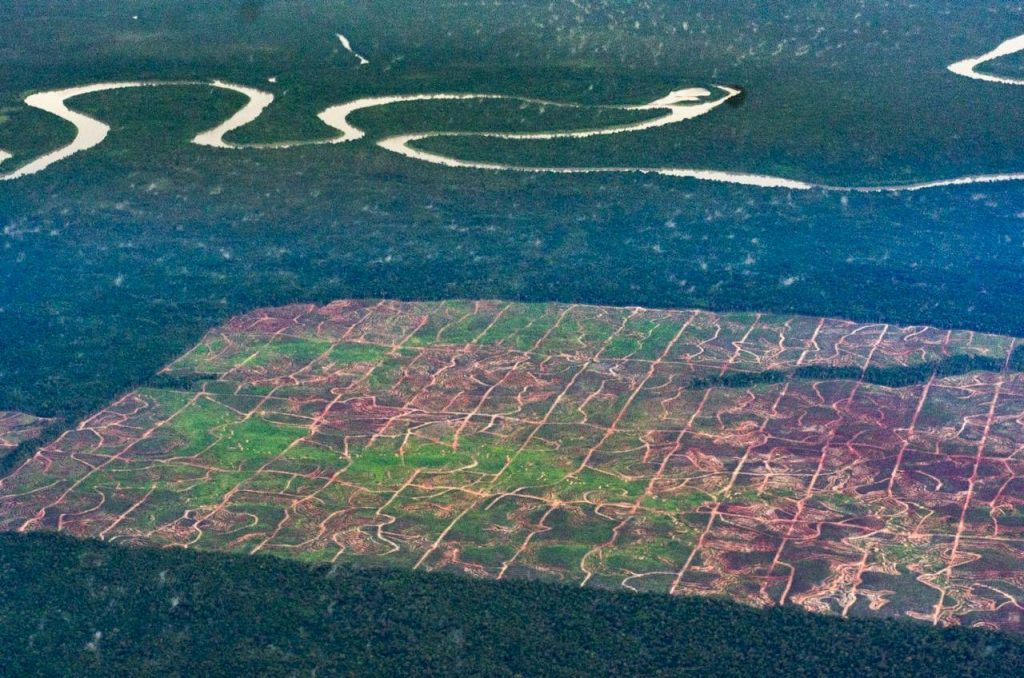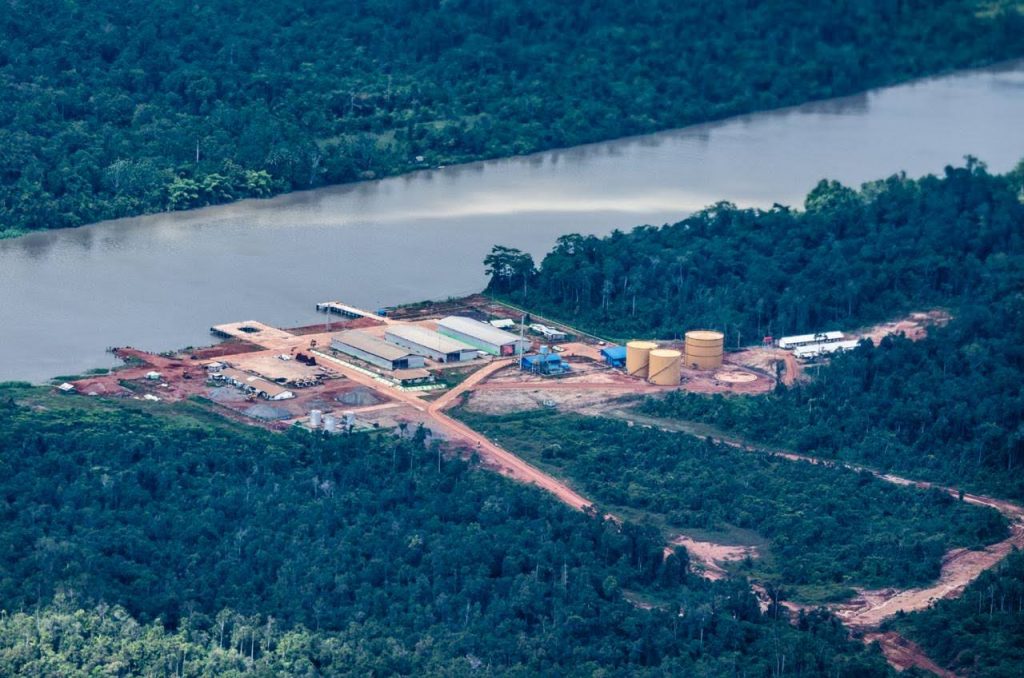Biofuelwatch is working with allies around the globe to provide support and solidarity with activists in Papua – and Indonesia at large – as they fight to protect their land and their rights.
The island of New Guinea is divided into Papua New Guinea (PNG) and the part under Indonesian control which is commonly known as West Papua (but also referred to as Papua or Tanah Papua to avoid confusion with the name of the new province of Papua Barat (West Papua), created in 1999. The island is home to the largest remaining area of pristine tropical rainforests in Asia-Pacific region, and home to some of earth’s most extraordinary biodiversity, and human cultural diversity.

Large parts of Indonesia as a whole have been deforested and paved with palm oil plantations. The loss of biodiversity and human rights abuses have been catastrophic, as are the climate impacts, which led to the Norwegian government pledge to provide $1 billion to Indonesia for reducing emissions from deforestation and forest degradation.
Papua is now viewed as the “next horizon” for expansion and extraction and faces severe and unrelenting threats from voracious and corrupt interests seeking to profit from logging and palm oil plantations.
Among the threats, the Tanah Merah project would clear nearly 4,000 square kilometres of pristine rainforest for sale of timber and installation of vast palm oil plantations. Yet, the legality of permits for this project are highly contested, as they were issued under a veil of secrecy and a murky trail of shadow company dealings, by a local leader, including while he was imprisoned for corruption.
Korindo, a Korean company with FSC certification, now has control over vast areas of Papuan land. Once again, a trail of shady deals secured access to forested land for timber and palm oil. The company has already cleared large areas of forests and installed palm oil plantations. The Marind people, among those who have been displaced from their traditional lands and livelhoods say: “In the plantations, there is no freedom, no kin, and no real food. In the plantations, there is just hunger and loneliness.”

During the COVID pandemic, the Indonesian government announced plans to establish several new “food and energy estates”. These projects are supposedly about developing food and energy security for the Indonesian peoples. But prior experience with these kinds of projects, the Merauke Integrated Food and Energy Estate (aka MIFEE) in Papua and the Mega Rice project in Kalimantan, resulted in destruction of vast areas of forest and ultimately provided very little by way of food. Forest clearing for those projects led to intense fires with global consequences for air quality as peatlands smoldered in their wake.
There is little reason to assume the new proposed projects will be any improvement. The real purpose appears to be to expedite land grabs by corporations and state-linked enterprises for industrial agriculture and forestry projects, possibly including oil palm and biomass plantations. Ominously, the Ministry of Defense has a major role in management of these projects.
To learn more about the proposed new food and energy estates, read our report, and a position paper by Indonesian civil society groups.
Also during the COVID pandemic, the Indonesian government adopted an “omnibus law” that modifies several existing laws to further open the doors to extractive industries, including by inhibiting participation in decision making” Protests raged across Indonesia as this legislation was under consideration. In Papua and elsewhere in Indonesia, activists and community members who resist oppression, human rights abuses and displacement face life-threatening risks. Some have referred to Papua as “the place where rights come to die”. International solidarity is essential.
Indonesia and Malaysia have been the main global source countries for palm oil, providing about 85% of supply. The impact of the palm oil industry has been catastrophic for forests, people and biodiversity. International campaign efforts to reign in the industry have been ongoing, but met with little real success in the face of ever stronger demand for the oil.
In addition to exports, Indonesia’s domestic biofuel mandate requires a 30% blend of biodiesel, with plans to increase its use further. Meanwhile, the international civil aviation organization (ICAO) has ambitions to use “alternative” fuels to theoretically reduce emissions from commercial aviation under the Carbon Offset and Reduction Scheme for International Aviation (CORSIA). Aviation grade fuels must have specific characteristics and currently the only credible option for producing those fuels on commercial scale involve palm oil, or palm oil derivatives, potentially adding vast new demand.
In 2019 the EU adopted restrictions on the importation and use of palm oil under its revised Renewable Energy Directive. This was met with threats from Indonesia and Malaysia including a legal challenge and threats to civil society groups outspoken about the harms done by the industry.
Our wish is to provide solidarity and assistance to those on the frontlines of the fight for the future of Papua’s people and lands.
For a beautiful portrayal of the Papuan spirit: http://www.udeido.com
